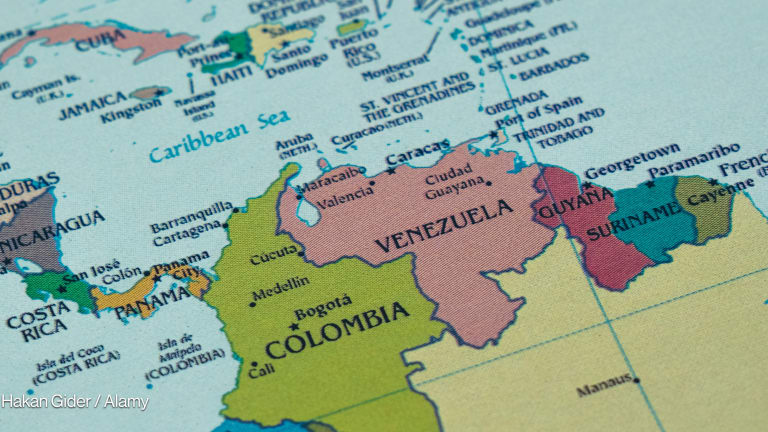The importance of tying economic growth to poverty reduction in Latin America was a recurring theme at a Millennium Challenge Corp. panel discussion on Aug. 13.
"More people have been lifted out of poverty in our region due to economic growth than to any other factor," said John Sanbrailo, executive director of the Pan American Development Foundation.
Ambassador Ivonne A-Baki, president of the Andean parliament and candidate for director-general of UNESCO, spoke along similar lines, stressing that economic policies need to be in line with poverty reduction strategies and a clear focus on empowering women.
"People are finally realizing the link between empowering women and fighting poverty," A-Baki noted.
Eric Farnsworth, vice president of the Council of the Americas drew parallels between China's successful poverty reduction strategy and the challenges facing Latin America.
Farnsworth described China's model as an "obsession" with growth and poverty reduction, noting that 250 million people in China had been lifted from poverty through economic growth.
"Anti-poverty can be done if it is a national priority," Farnsworth remarked.
China, he noted, very successfully used the state to create jobs in the formal economy. Latin America, by comparison, has yet to include millions of workers into the formal economy, leaving the majority without the protection of social security and often impoverished.
Explaining further, Farnsworth suggested that as much as 90 percent of Latin America's growth and trade depend on commodities. This lack of economic diversity leaves the region susceptible to downturns in the global market.
Chile was distinguished as a positive example of a nation experiencing positive economic growth through liberal trade policies and, in turn, has some of the lowest levels of poverty in the region.
"Open markets and trade liberalization are critical components of poverty alleviation," Farnsworth stated.
More cynical economists pointed out that Chile has traditionally been dependent on commodities, in particular copper exports, which are not open to liberal markets, but rather controlled by a nationalized state firm.
The remaining panelists included Matthew Bohn of MCC and Kevin Healy of the Inter-American Foundation and George Washington University.








